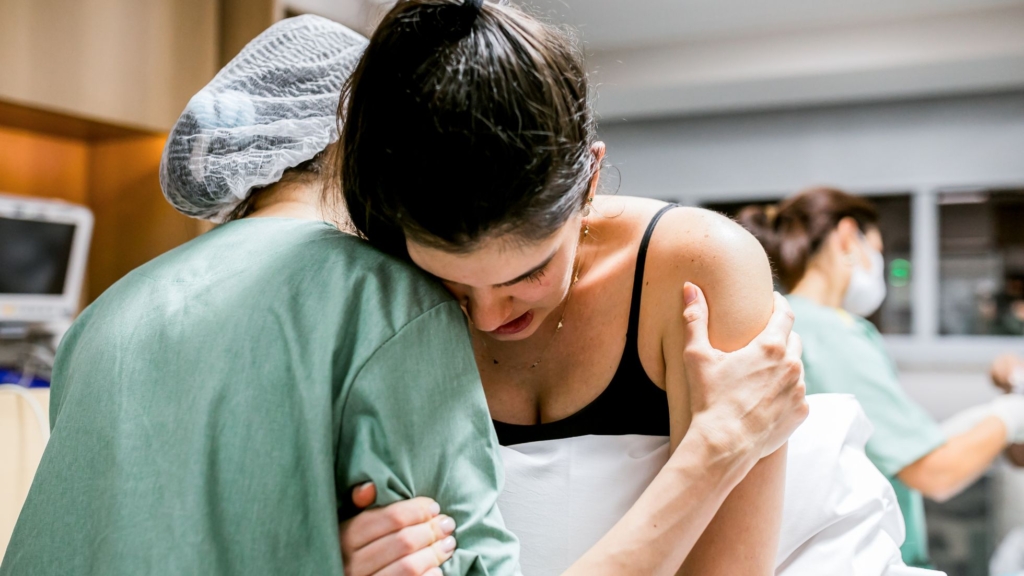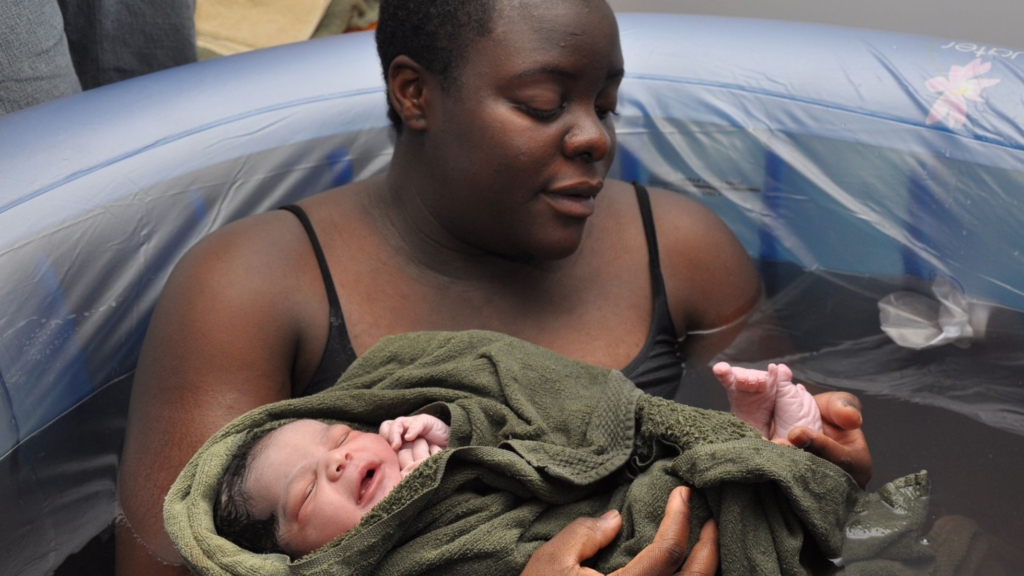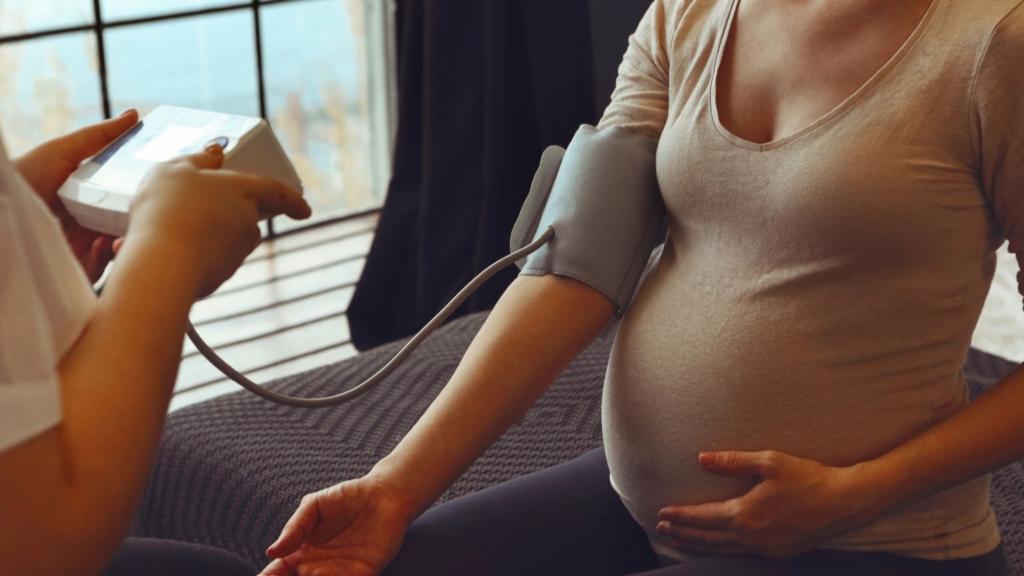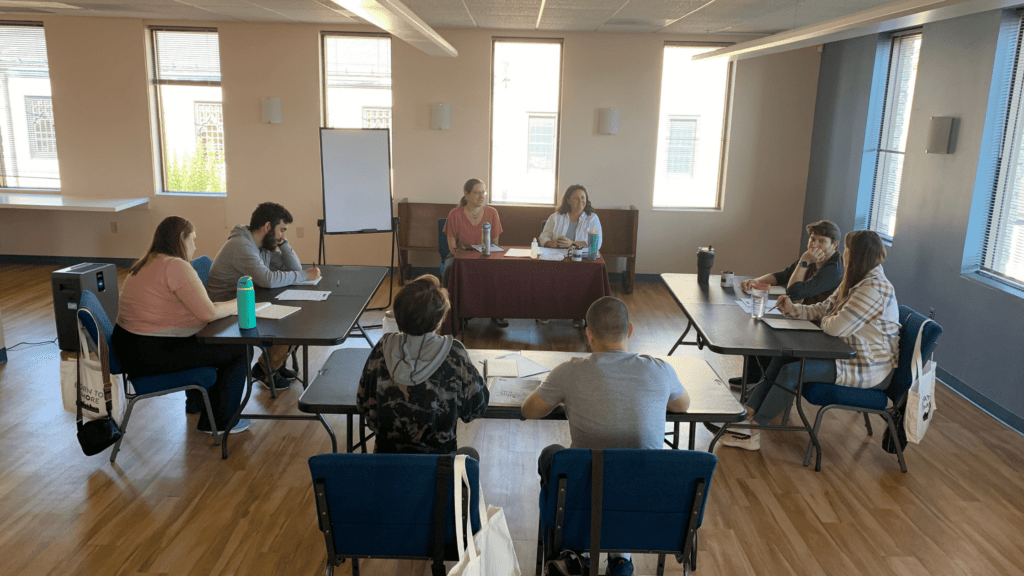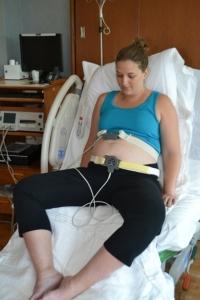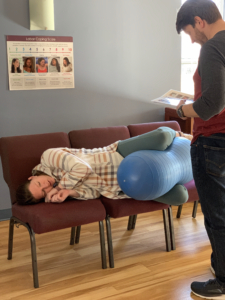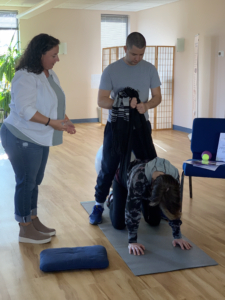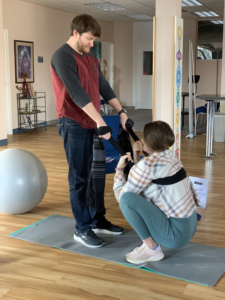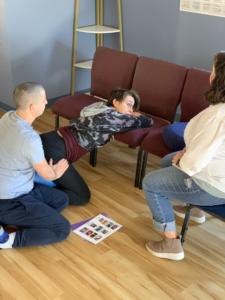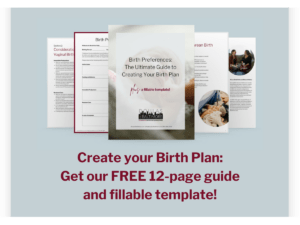Imagine sinking into warm water as intense contractions peak, like a warm and comforting hug. Many birthing individuals are curious about Hydrotherapy in labor for their birthing experience. Hydrotherapy (or the use of water in a therapeutic manner) is as simple as using a tub of water for immersion or a shower for pain relief. This safe, simple, and readily accessible tool is a great one to ensure you have in your toolbox.
Walk with us as we explore the benefits of using water for pain relief, how it can offer support before and during birth, and some tips and tricks from our experts at Doulas of Baltimore.
What Exactly Is Hydrotherapy in Labor?
Hydrotherapy put simply is using water as a therapeutic tool. This isn’t relegated to labor alone, as water is used in healing modalities for all sorts of situations from everyday people taking a shower during a migraine to professional athletes using cold water to limit swelling after injuries. During labor the most common uses are showers, birth pools, and baths.
Using water during labor is not just relaxing, it’s non-medical pain management. With roots in ancient civilizations for both health and spiritual reasons, using water as a treatment goes back centuries. Science has now caught up with the extensive use and offers us explanations for why historically this worked.
Why Water Works Wonders: Science-Backed Benefits
Physical Benefits
When discussing a birth pool or tub, the phyiscal benefits are measurable! By submerging in water, our bodies experience buoyancy which eases movement and reduces the stress on our muscles and joints. Even outside of labor, harnessing this power by floating in a pool can increase comfort during pregnancy.
The warmth of the water used during labor helps to increase blood flow and relax the muscles. This can ease the discomfort of contractions as muscles that are already tight become tighter as contractions increase. The relaxation can help allow your body to do what it needs to do to move baby down.
The pressure of the water (called Hydrostatic pressure) also can help to reduce swelling and support the peineum.
Emotional Benefits
Beyond physical comfort, emotional comfort can also emerge from the use of Hydrotherapy. Water creates a physical barrier, offering comfort whether in the shower or tub. Especially when giving birth in a less familiar setting (such as a hospital room), this can give a huge amount of security to the birthing person.
Water has been shown to help aid in the release of endorphins and lowering of stress hormones. During labor this can directly translate to pain reduction. Using Hydrotherapy also offers the birthing person a sense of control during active labor. Handing this control back to them can be the difference betwween stress and safety in their birthing experience.
Labor Progress
While the evidence is limited, there is data out there that suggests that immersion in water during labor can help shorten the duration of that labor. There is also evidence to suggest that use of Hydrotherapy as a tool during labor can potentially decrease the usage of epidurals or other medical pain management tools. This might be of particular interest for pregnant individuals who do not wish to or cannot use medical pain interventions for any reason.
When & How to Use Hydrotherapy in Labor
Timing
Early Labor – great for using showers as a distraction and pain relief
Active Labor – great time for using warm water in a birth pool or bath
Transition – this is when you’d want to exit the water if you’re not planning a waterbirth
Tip: water is also a great tool to use for both stalled labor and back labor. Submerge into warm water and allow your muscles to relax!
Techniques
- Showers are great for leaning against the wall with the warm water running over your back. If the shower is equipped with a handheld shower head, you could also hold the warm water running over your back or belly, depending on where you’re feeling the tightness of your contractions.
- When setting up the birthing pool, the ideal water level is at least 18 inches of water to ensure the birthing person experiences the benefits of buoyancy and to ensure the baby is fully submerged if they emerge in the water. Ideally, the water would be over the birthing person’s abdomen, just under their chest. Any higher can limit movement and cause instability.
- The ideal water temperature is between 97°F–100°F. It’s important not to go too far above or below that range for the safety of baby.
- In your birthing pool there are many positions you might try. Consider squatting, leaning over the side while on your knees, or floating on your back.
- Partner Pro Tip: help with your partner’s relaxation by performing temperature checks, pouring warm water over their back or belly, keeping their cool water fresh, and offering or switching cool washcloths for their head or neck.
Safety & Considerations
Safety First
Some hospitals have a policy of avoiding submerging in water if your water has been broken for longer than 24 hours. This varies by facility and the best practice here is to keep in touch with your provider and doula once your membranes have ruptured. The concern here is introducing any bacteria into the placenta, this is definitely one to defer to your doctor on.
It’s important to pay attention to how you’re feeling and exit the water immediately if you begin to feel dizzy, overheated, or if baby shows signs of distress. At home you doctor may suggest a kick count to keep track of how baby is handling labor.
Since there is an open site for epidurals and you won’t be able to feel anything below that site, Hydrotherapy isn’t an option if you choose to recieve an epidural. It’s also often not an option for those who have recieved IV medication, though showers are often allowed! Make sure you touch base with your care providers on what is available to you.
FAQs
- “Can the baby breathe underwater?” – Healthy babies have what is called a “Dive Reflex” where they do not breathe until exposed to cooler temperatures or air. For this reason, it’s important to monitor the temperature of the water and ensure it is kept warm. It’s also important to keep baby submerged if a water birth occurs until they’re fully emerged from the birth canal or that a birthing individual does not squat back down into the water once baby’s head has emerged. Immediate Surfacing, or bringing baby directly up for air and not submerging them again, is best practice for waterbirths. Follow the directions of your care provider in this instance.
- “Does it increase infection risk?” – Studies have shown little to no evidence that Hydrotherapy in labor increases the risk of infection during labor. There was a slight increase in risk of infection after birth.
- “What if I deliver in water?” – If you accidentally deliver in water your care team will guide you through the safest manner of getting you and your baby to safety. Sometimes this involves staying in the water, others this means you’ll exit the water. Waterbirth is also a viable birth option, though it’s rare to find in a hospital setting. If you desire a waterbirth, consider looking into a waterbirth-friendly birth center or a certified homebirth Midwife.
Planning for Hydrotherapy in Labor
Birth Setting Options
Remember that not all hospitals have access to birthing pools or baths. Most will have showers in the rooms. Birth centers are often equipped with birthing bathtubs designed for laboring. Homebirths will require a birth pool rental unless your provider clears the tub you’re birthing in as large enough. Check with your provider if your plan for Hydrotherapy is going to work for your birth space.
Prep Checklist
- Discuss your desire for Hydrotherapy with your care provider early in your pregnancy. This is important to ensure that they’re both comfortable with your plan and that they have the capability to offer it to you in your birthing space.
- Pack essentials for being in water in your birth bag. Make sure you bring a comfortable sports bra or bathing suit top, soft towels, and a water bottle to keep nearby. Consider also bringing extra washcloths.
- If you’re renting a birth pool for your home, make sure you do a test run before labor begins! Ensure you have it inflated well before labor is imminent, know how you’ll fill it (will you be bringing a hose inside?), and know how you’ll empty it.
Conclusion
An incredible tool in any birthing person’s toolbox, Hydrotherapy is a perfect, non-medical comfort measure to try. Remember that not all birthing individuals like the same things and the tools you use can even shift during labor. Remember to chat with your care team and make arrangements ahead of time. Your comfort matters during your birth! Let water be a helpful friend that offers you comfort as you ride the waves of labor.

